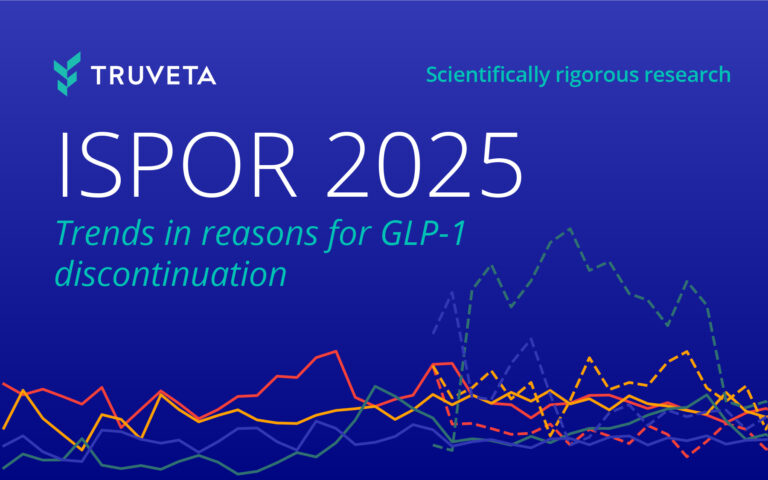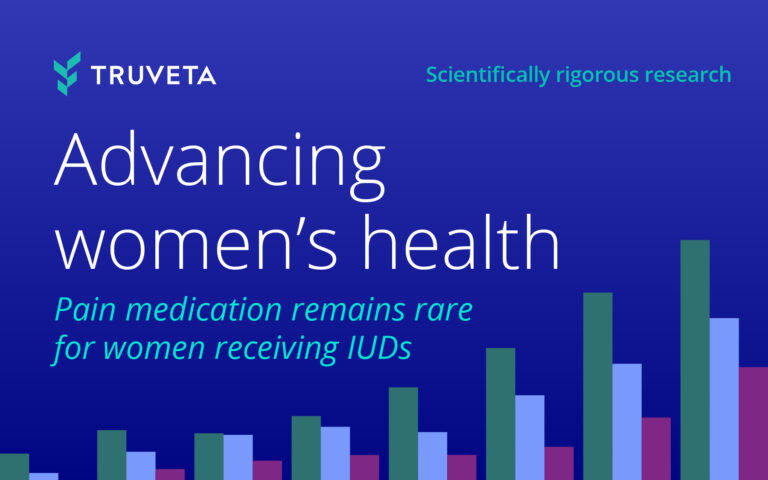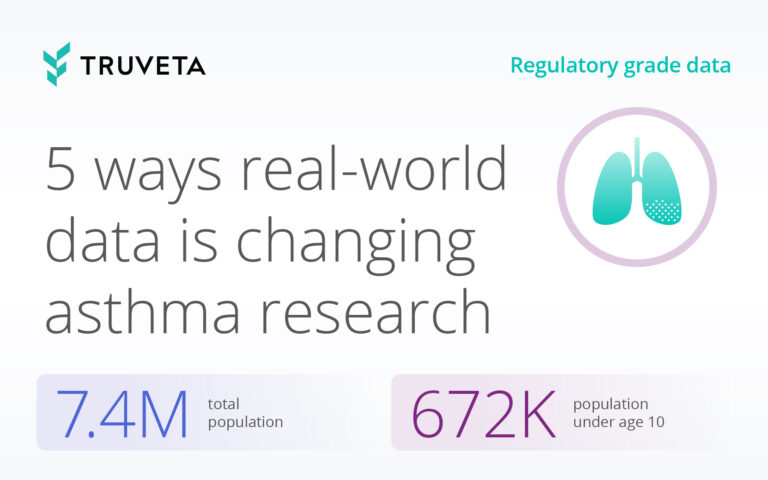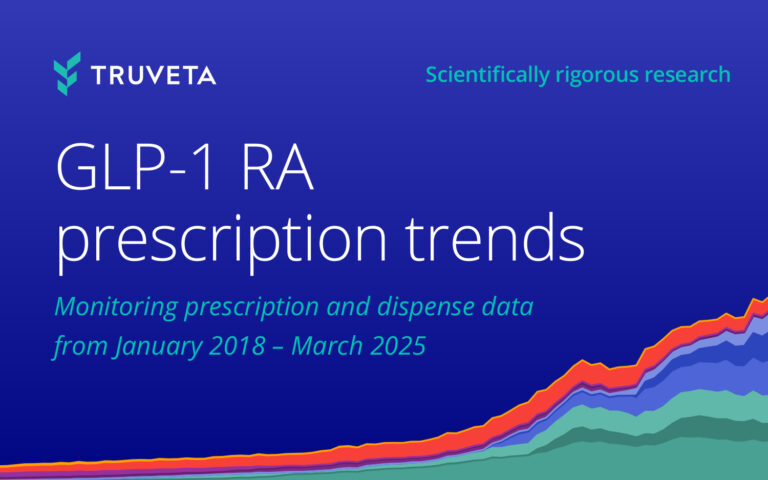Blog

ISPOR 2025: Real-world temporal and indication-specific variation in drivers of GLP-1 RA discontinuation

ISPOR 2025: Characteristics and adherence of patients initiating injectable cabotegravir for HIV treatment or prevention

Truveta leads a new era in cancer research with the most complete, representative, and timely real-world data on all cancers

Top 5 takeaways from Truveta Symposium 2025

Women’s health: Pain medication remains rare for women receiving IUDs

5 ways real-world data is changing asthma research

GLP-1 RA prescription trends: January 2018 – March 2025

